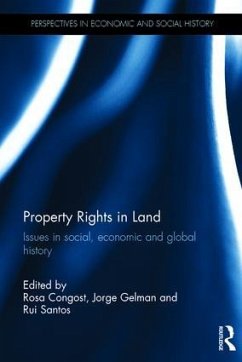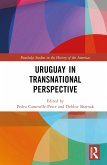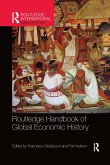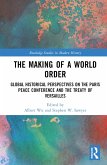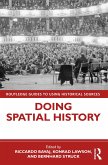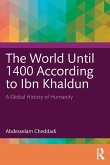Property Rights in Land widens our understanding of property rights by looking through the lenses of social history and sociology, discussing mainstream theory of new institutional economics and the derived grand narrative of economic development.
As neo-institutional development theory has become a narrative in global history and political economy, the problem of promoting global development has arisen from creating the conditions for 'good' institutions to take root in the global economy and in developing societies. Written by a collection of expert authors, the chapters delve into social processes through which property relations became institutionalized and were used in social action for the appropriation of resources and rent. This was in order to gain a better understanding of the social processes intervening between the institutionalized 'rules of the game' and their economic and social outcomes.
This collection of essays is of great interest to those who study economic history, historical sociology and economic sociology, as well as Agrarian and rural history.
As neo-institutional development theory has become a narrative in global history and political economy, the problem of promoting global development has arisen from creating the conditions for 'good' institutions to take root in the global economy and in developing societies. Written by a collection of expert authors, the chapters delve into social processes through which property relations became institutionalized and were used in social action for the appropriation of resources and rent. This was in order to gain a better understanding of the social processes intervening between the institutionalized 'rules of the game' and their economic and social outcomes.
This collection of essays is of great interest to those who study economic history, historical sociology and economic sociology, as well as Agrarian and rural history.

